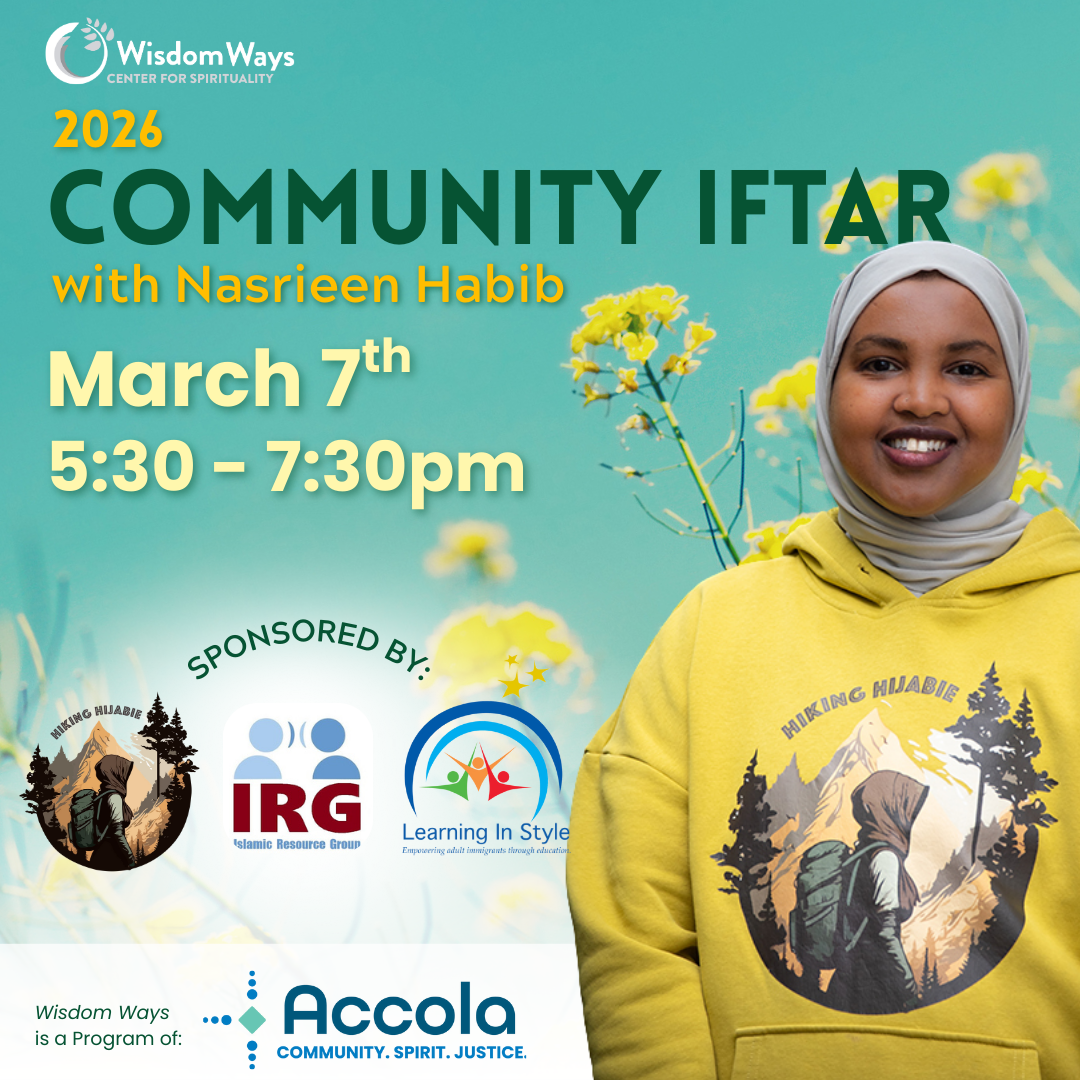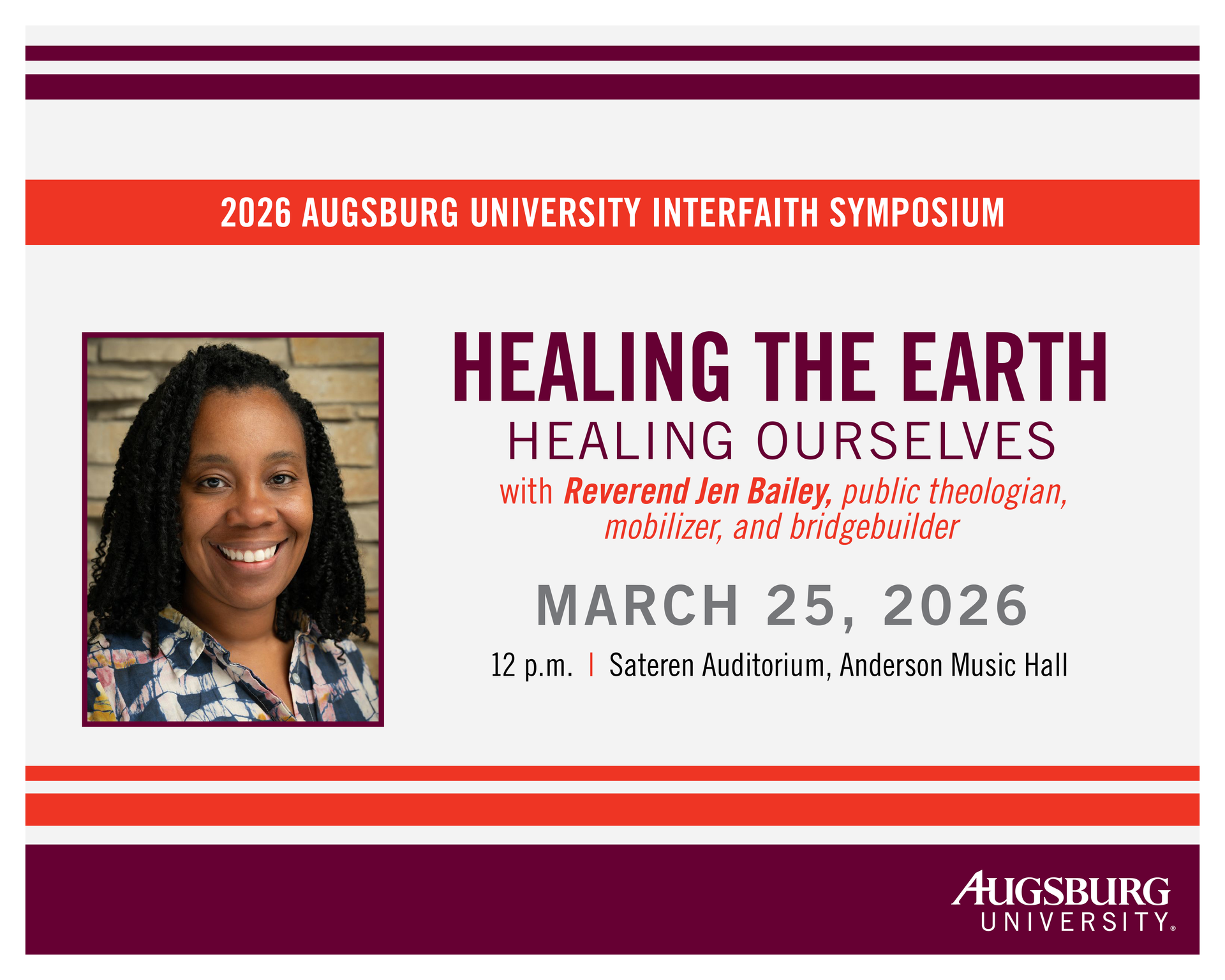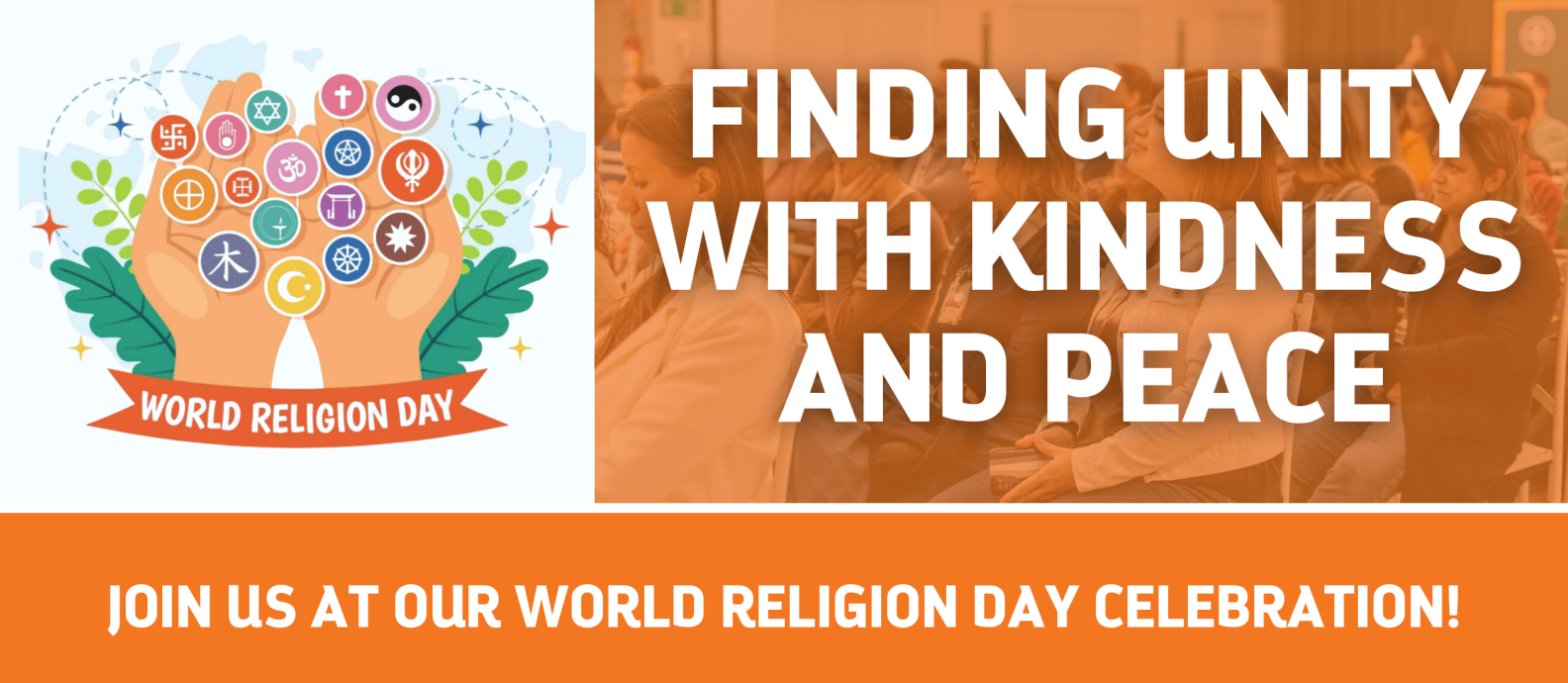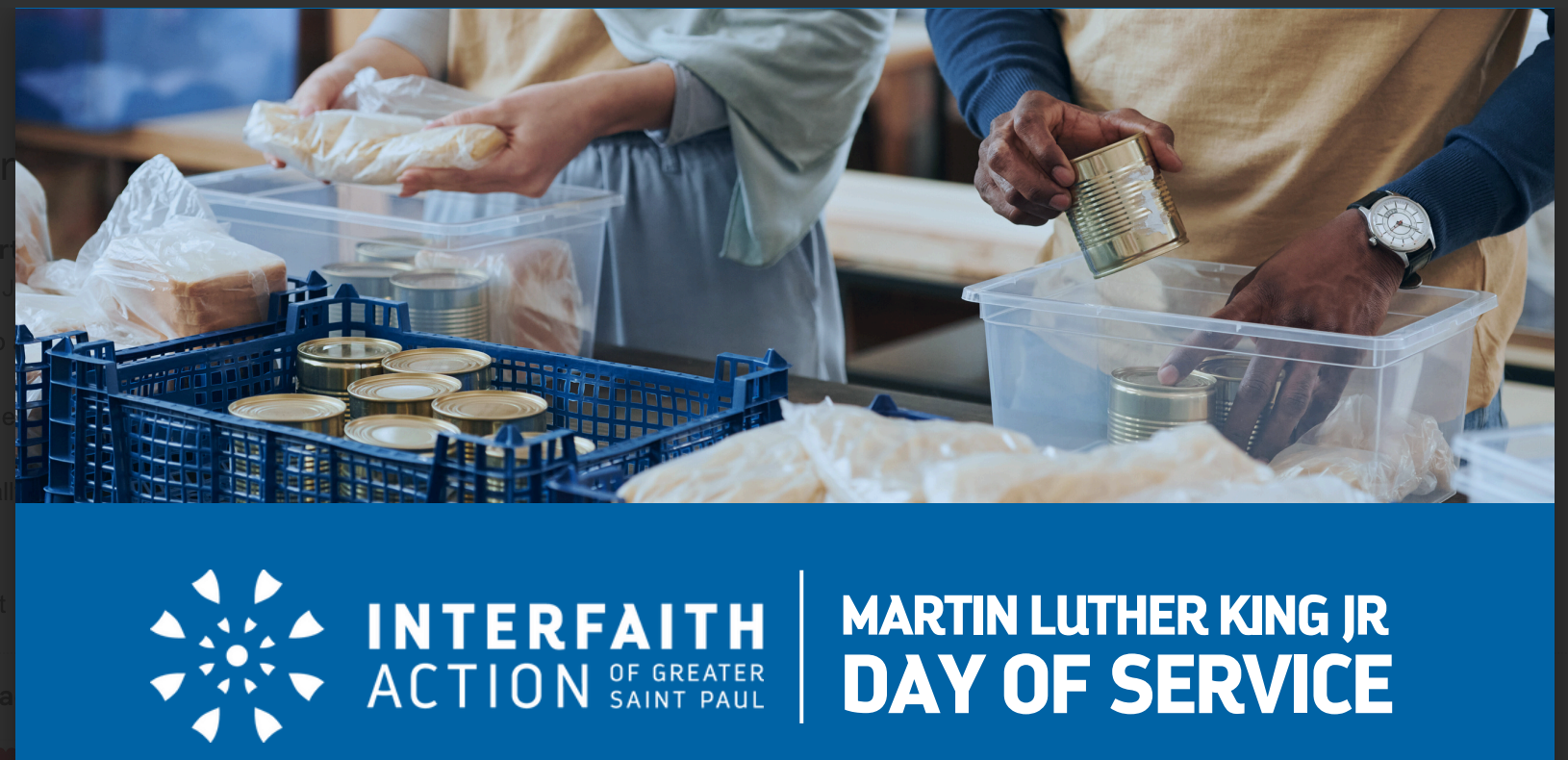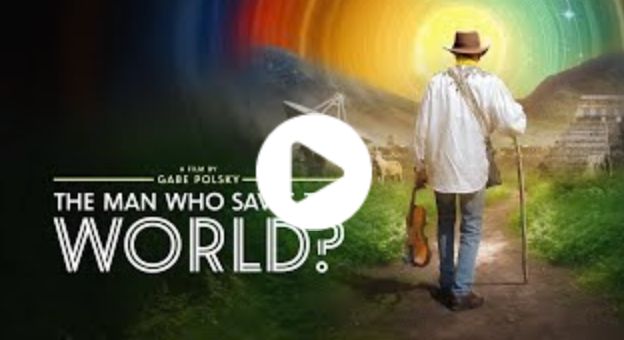Reflections on the Conference from MnMN Leaders
Rev. Dr. Tom Duke
MnMN Special Advisor & Volunteer
I want to share a few observations following the 2023 MnMN Annual Conference held last week. I'm sure you've noticed the difference between a high energy room full of people and one where there is a low level of energy and camaraderie. The MnMN conference was definitely a case of the former, where the buzz was loud and persistent. From the opening, when Prof. Anant Rambachan, MnMN's board chair, welcomed folks and invited--no, urged--us all to help create an "all inclusive 'we'" along with the inevitable "we" of our many separate identities and affiliations, to the wrap-up of the Sikh Langar meal, I sensed an unusually high level of energy as participants greeted old friends and met new ones.
The conference is meant to inspire, connect and equip people, from the widest range of faith traditions possible, for the various tasks of interfaith work carried out by MnMN members and friends--relationship-building, service, increasing religious literacy, advocating for justice, and welcoming strangers to name a few.
Under the theme of "Hospitality?," the sessions illuminated both ancient wisdom and contemporary challenges about how we treat each other. We all know that our world-globally and locally-is challenged by human tendencies to separateness, stereotypes, fear, ignorance, animosity and even violence. I, for one, felt uplifted and encouraged by the energy and sense of the magic of meeting across differences, hearing the stories, meeting with peers, addressing specific topics, and seeing the dynamic shift from "we-they" to "us." My hope and prayer is that this shift can be multiplied over and over, and that MnMN will continue to grow into being a means for diverse faith communities to move into greater appreciation of their common features and interests, leading to common action for the common good. The conference seemed to me to be an important step in this direction. See you at the next one!
Dr. Danielle Clausnitzer
MnMN Board Member & Emerging Leaders Multifaith Action Council Co-Chair
Increasingly, young people are growing less interested in participating in traditional faith communities. During the 2023 Annual Minnesota Multifaith Network Convening, myself and Dr. Hans Gustafson from the Jay Phillips Center for Interreligious Studies discussed the differing trends in religiosity and spirituality among young people today. In this presentation, both Dr. Gustafson and myself discussed why and how young people are increasingly reimagining faith, community, and activism within the context of their own lives.
Some of the important elements of my own presentation involved increasing disaffiliation and the activist considerations of young people when selecting their own religious affiliations. According to the Pew Research Institute, 49% of “nones,” or those without a fixed, institutional religious tradition, have left their childhood religious tradition because they simply no longer believe, 20% dislike organized religion, and 18% are religiously unsure. Perhaps more important than these statistics, however, are the reasons why “nones” are increasingly suspicious of mainline religious affiliation. Again according to Pew Research Institute, in addition to the lack of belief in the divine, atheists, agnostics, and “nothing in particulars” have reported that lack of satisfaction with the positions religious organizations take on social and political issues, the organizations themselves, and their leaders are all major reasons why “nones” are continuing to leave these communities.
Taking the feelings of “nones” into consideration, there is a great potential for growth among institutions to help re-integrate these “nones’ or “nothing in particulars” into religious or spiritual communities. The first opportunity for growth is for organizations to become more involved and outspoken about their commitment to social justices issues. Openly supporting the issues that young people support such as climate change, anti-racism, and LGBTQ+ inclusion and ensuring that action is taken to support these issues, in turn, has the potential to reinstate trust in the minds of “nones” who left religious organizations due to a lack of concern for such groups. Another outlet religious institutions can utilize in their activism, and to gain support for their communities, is the use of social media. Advocating for causes, including your own, on social media creates more interest for those who use it regularly, such as millennials and gen Z. These approaches, and more, can help to grow your community and help young people feel more a part of your mission. It was a pleasure to share these facts and more during the conference.
Hans Gustafson, Ph.D.
MnMN Network Council & Director of Jay Phillips Center for Interreligious Studies, University of St. Thomas
The recent breakout session at the MnMN Annual Conference, titled "Beginning the Conversation about Religion and DEI in Higher Education in Minnesota," was a thought-provoking gathering for Higher Education professionals working in Minnesota. Participants, representing twelve colleges and universities in Minnesota, both public and private, discussed the integration of religious diversity into DEI (Diversity, Equity, and Inclusion) efforts on their campuses. Key concerns addressed included the challenges of incorporating religion into broader DEI initiatives, even within confessionally religiously affiliated schools, and the need for holistic approaches that consider the intersection of various identities, such as race, gender, culture, language, and religion. The session highlighted the evolving religious landscape on campuses, with a growing presence of interfaith curious non-religious and religiously unaffiliated students. Several participants acknowledged that DEI efforts often become siloed among different campus groups, leading to a lack of cohesive strategy and missed opportunities for leveraging the expertise of faculty who study religion, culture, and other relevant areas.
The discussion also addressed the skills and knowledge often needed to handle crises related to religious diversity, the framing of DEI work (navigating discomfort while minimizing harm), and the importance of non-curricular opportunities for students to engage across differences. Participants considered how to extend DEI efforts beyond representational diversity, focusing on curricular and structural aspects, and the importance of looking beyond their campuses to learn from community partners and organizations. The MnMN Higher Education Convening Group extends an open invitation to all Higher Education professionals in Minnesota who engage religious diversity in their work and would like to join the group, contribute to the development these efforts, or lead future initiatives that engage religious diversity. The Convening group is led by Hans Gustafson (University of St. Thomas), Matt Maruggi (Augsburg University), Jen Kilps (MnMN), Anantanand Rambachan (St. Olaf College Emeritus), Marty Stortz (Augsburg University Emerita), Deanna Thompson, (St. Olaf College), and Andy Tix (Normandale Community College).
